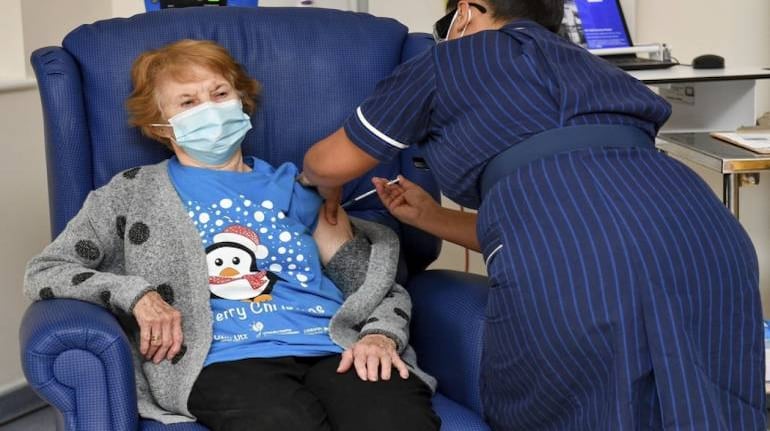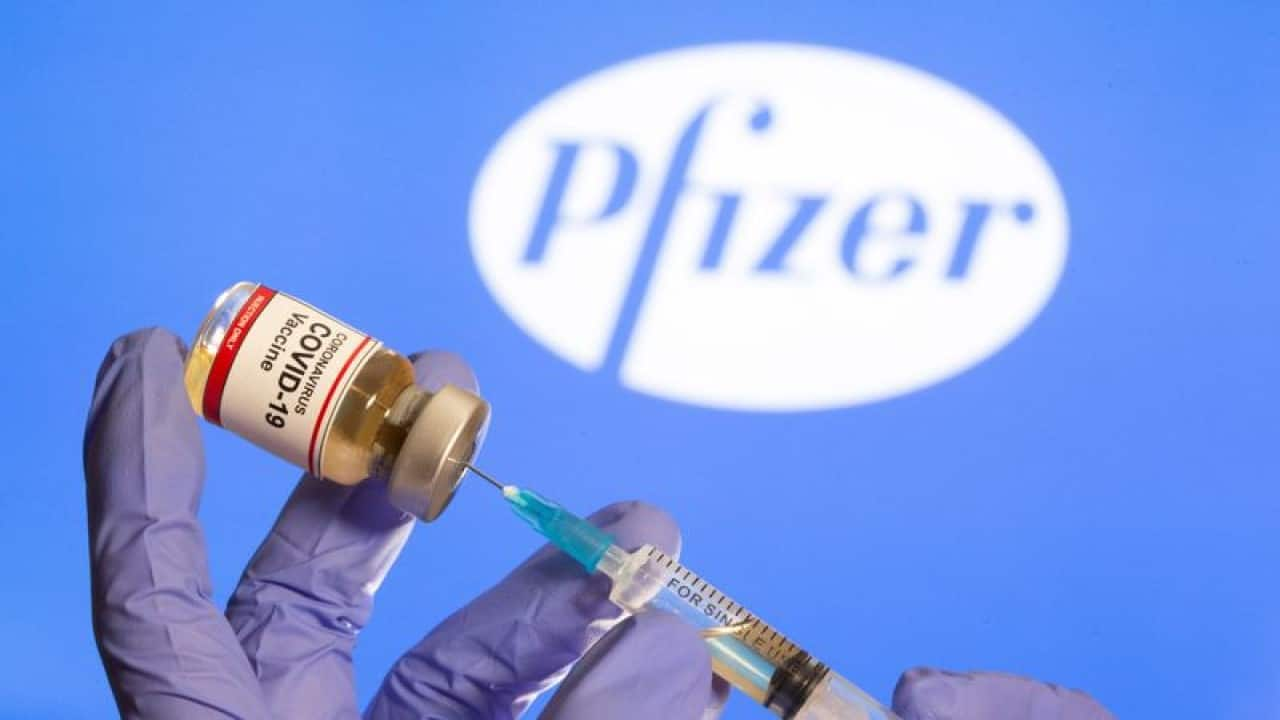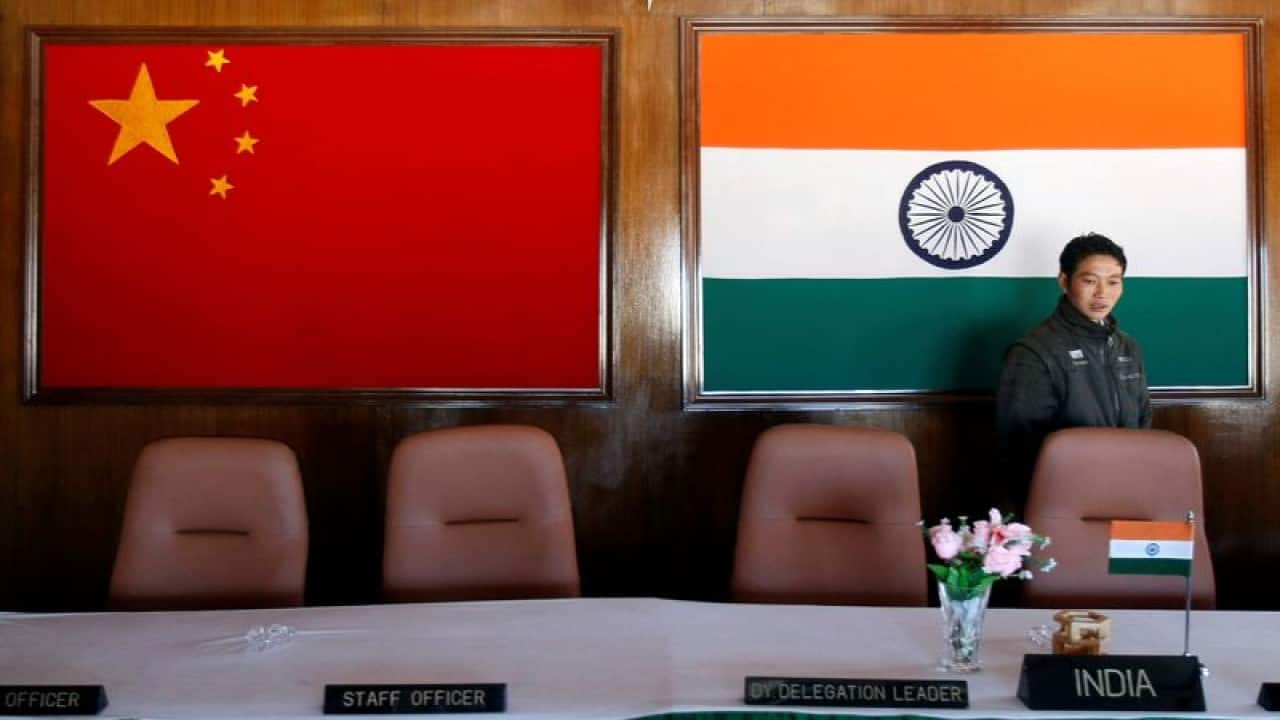British grandma Margaret Keenan is first in world to get Pfizer vaccine outside trial
Britain began rolling out the COVID-19 vaccine developed by Pfizer and BioNTech on Tuesday, the first Western country to start vaccinating its general population in what was hailed as a decisive watershed in defeating the coronavirus.
Reuters
Dec 8, 2020 / 01:21 PM IST
Margaret Keenan, a 90-year-old grandmother from Britain, has become the first person in the world to receive the Pfizer COVID-19 vaccine outside of a trial following its rapid clinical approval.
An early riser, Keenan received the jab at her local hospital in Coventry, central England, on Tuesday morning at 0631 GMT, a week before she turns 91.
Britain began rolling out the COVID-19 vaccine developed by Pfizer and BioNTech on Tuesday, the first Western country to start vaccinating its general population in what was hailed as a decisive watershed in defeating the coronavirus.
Follow our LIVE blog for the latest updates of the novel coronavirus pandemic
The mass inoculation will fuel hope that the world may be turning a corner in the fight against a pandemic that has crushed economies and killed more than 1.5 million, although ultra-cold storage and tricky logistics will limit its use for now.
"I feel so privileged to be the first person vaccinated against COVID-19," said Keenan.
"It's the best early birthday present I could wish for because it means I can finally look forward to spending time with my family and friends in the New Year after being on my own for most of the year."
Follow our full coverage of the coronavirus pandemic here.












_2020091018165303jzv.jpg)



























